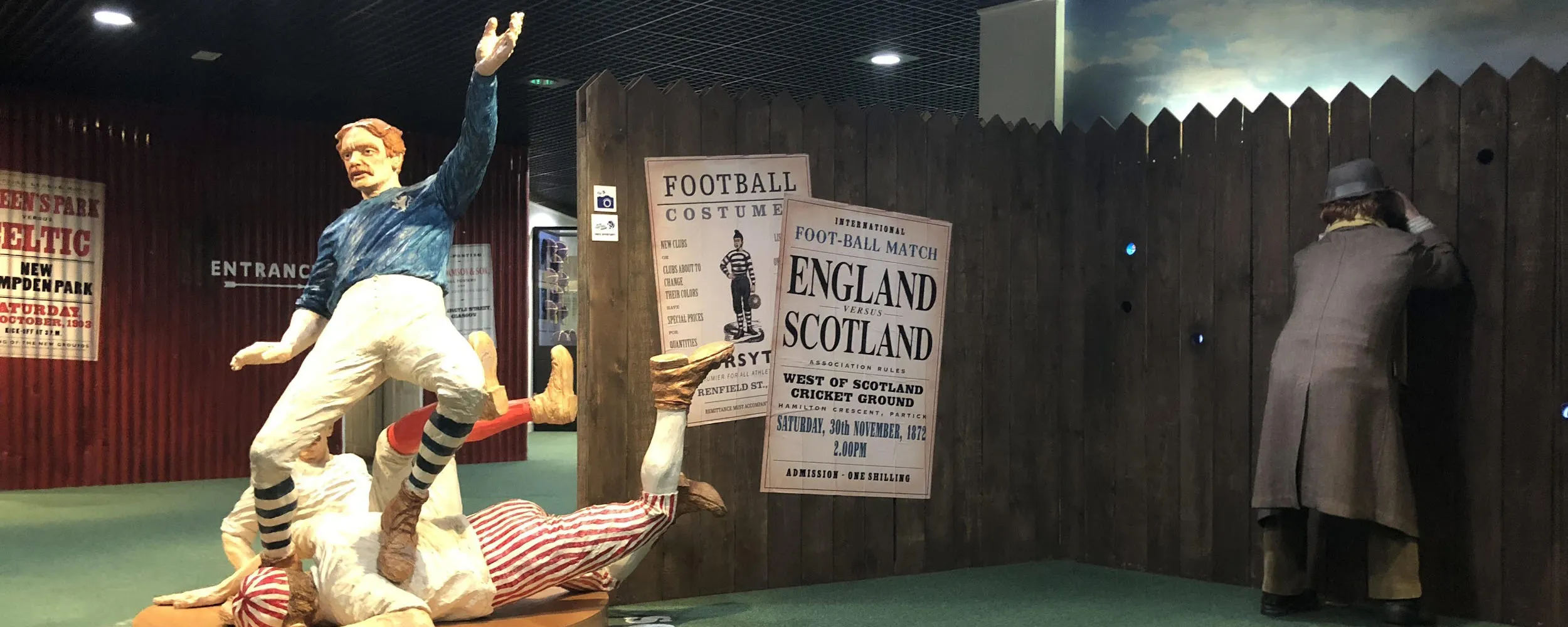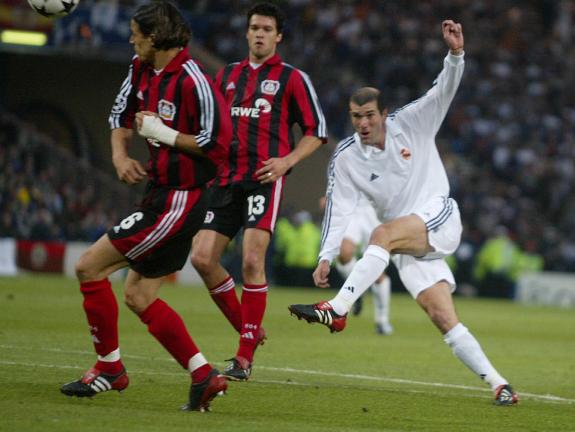
AN ICONIC STADIUM
Experience one of world football's most historic stadiums.
For generations of football fans, Hampden Park in Glasgow has been The Home of Scottish Football - a field of dreams shared by the masses.
There was a time where Hampden was, quite simply, the biggest and best football stadium in the world.

The original Hampden Park, located a short walk from the current site, was the first football stadium in the world and where the modern style of passing in football was started.
Hampden Park, where it is located today, was opened in 1903 and has been a significant part of Scottish culture since.
For a large part of the century, the greats of the world game appeared at the Mount Florida ground, amazed by the crowds in the terracing, with such passion and affections for clubs and country.
Hampden is also the oldest International football stadium in the world. Indeed, the origin of the name ‘Hampden’ takes many by surprise. The name comes from a English Parliamentarian Civil War soldier, John Hampden, who fought for the Roundheads in the 17th century. A terrace of houses bestowed the Hampden name which overlooked the 1st site of Hampden Park, down the recreation parks beside the Victoria hospital. The Queen’s Park committee felt the name appropriate and also for their second ground, which would later be renamed ‘Cathkin Park’; the future home of Third Lanark.
The popularity of football and the dominance of Queen’s Park allowed the committee of the Spiders to foresee correctly the success of what a new ground could bring. In 1903, Queen’s Park bought the land in Mount Florida and built and new fortress. The opening match was on 31st October; a Glasgow derby Queen’s Park v Celtic. Celtic’s bold bid to claim the win was halted by the passion and a revival of form that would see Queen’s Park run out 1-0 winners at their new home, in a truly spirited match. A taste of the many to follow on the new born turf. After the match the Evening Times gave its critique of the new ground stating:
It is admittedly a ground for the greatest things, grand in conception and great in area, and only the greatest success can be deemed adequate reward for the enterprise which rendered such an enclosure possible.
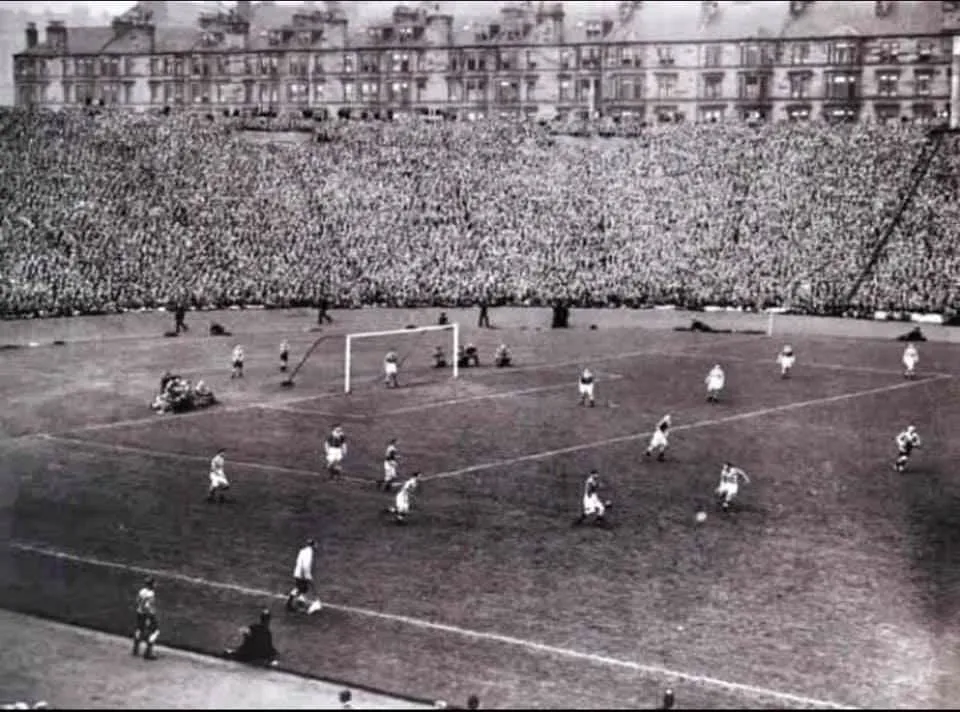
The Scottish Cup final would move in with Queen’s Park in 1904. Out of the 132 Scottish Cup finals, there have been 89 played at Hampden. Wonderful finals have been contested in the tournament, memorable ones that come to mind are Rangers v Dundee in 1964, Motherwell’s triumph over Dundee United in extra-time in 1991, and the underdogs of Gretna taking on the might of Premiership side Hearts to a penalty shootout to narrowly be beaten in 2006.
The Scottish FA too saw the vision and potential for a fantastic stadium which would be fitting to the national team. Scotland would begin to play home matches at Hampden’s new site in 1906. Since then, Scotland has played 243 matches at Hampden- winning128 of them. Scotland fans have been through every human emotion known to man down Mount Florida way. The strong dominance over England in the early 20th century the near miss against Czechoslovakia in the play-off for the 1962 World Cup finals, JoeJordan’s header, against the same nation, to clinch qualification to the 1974 World Cup, Kenny Dalglish ruining Ray Clemence’s afternoon with his winner against England in 1976, Ally’s army seeing off the squad to Argentina in 1978, James McFadden’s countless moments of magic, Leigh Griffith’s spectacular free-kicks into the Auld Enemy’s goal. The so close, yet so far, matches halting progression to a major finals.
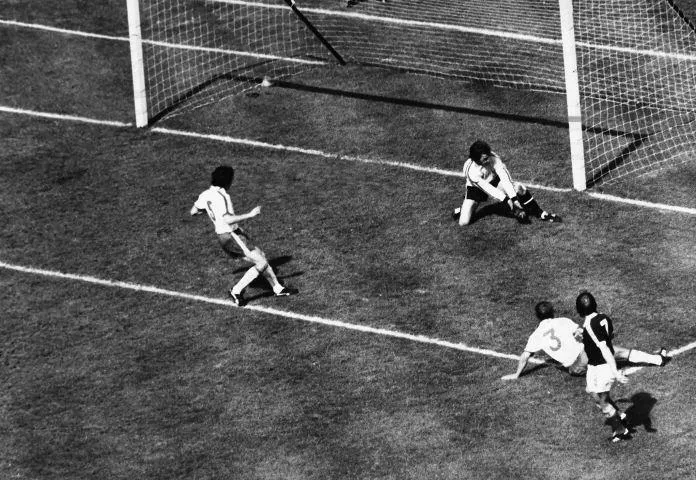
The Scottish League Cup final would join in the party in 1947. Out of the 72 Scottish league Cup finals, 64 have been played at Hampden. Similar to the Scottish Cup, the League Cup has seen the unthinkable happen. Partick Thistle thrashing Celtic 4-1 in 1971, Livingston winning the trophy against Hibs in 2004, St Mirren defeating Hearts in the 2013 final, and Ross County winning their first major trophy in 2016 after overcoming Hibs in the final.
In 1937, Hampden Park established two records which will never be surpassed. On 17th April 1937 the first all ticketed Scotland match attracted an attendance of 149,415 - the British record for any match - who witnessed Scotland defeat England by three goals to one. A week later, in the final of the Scottish Cup, a crowd of 146,433- a European record for a club match- observed Celtic beat Aberdeen 2-1, with an estimated 20,000 supporters locked outside.
Indeed, the 1960 European Cup final would see a third record attendance to be broken at Hampden. The 127,621 people who witnessed Los Blancos win their fifth European Cup in a row, against Eintracht Frankfurt, would be the highest attendance in aEuropean Cup final. Ten years later, a sublime European Cup semi-final match between Celtic and Leeds United, where Celtic would win 2-1, seen 136,505 people break the record for the highest attendance for a European Cup semi-final crowd. Four momentous records in total that will never be broken.
Hampden has been privileged to host six European finals in total. Famously, in the Bayern Munich victory over Saint Etienne in 1976, the French were adamant that the old square goal-posts of Hampden denied them the trophy (they can now be found within the Museum of Etienne’s ground). One particular final which amazed the Glasgow spectators was the 1960 European Cup final between Real Madrid v Eintracht Frankfurt. Gento, Di Stefano and Puskás helped Madrid destroy Frankfurt 7-3; using such flair and skill never seen before. The fortunate record 127,621 crowd witnessed sheer greatness from start to finish. The greatest game in football history. A game that changed football forever- played right on Hampden’s backyard.
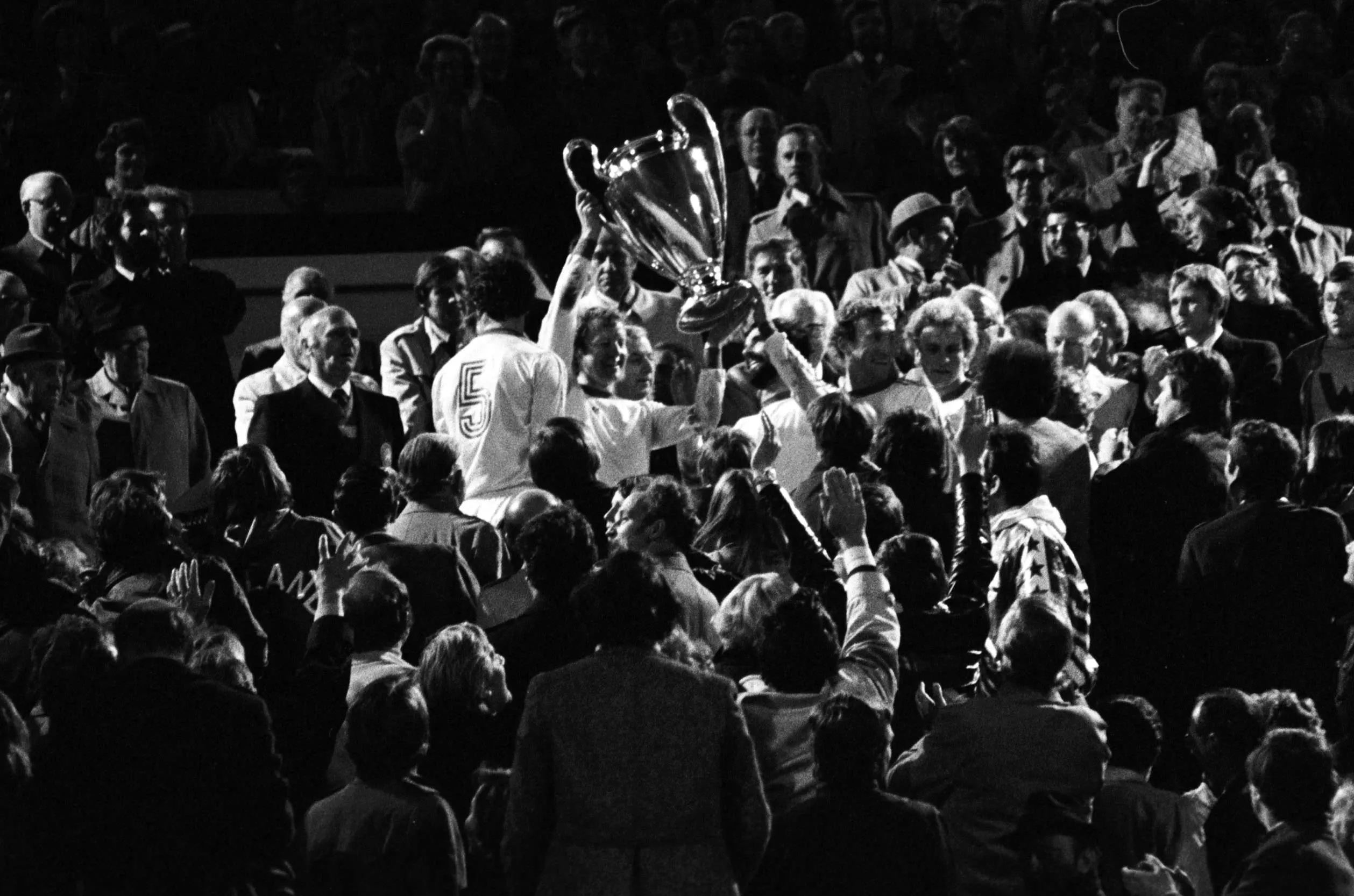
Football stadia was modernising and the old Hampden evolved, like many other stadiums, in an operation which went underway in the 1990’s. Until then League Cup, Scottish Cup and Scotland games were held in different venues. In 1999, an all seated Hampden Park emerged, bagging a category Four Status from UEFA with its impressive world class facilities, including state of the art dressing rooms, hospitality suites, the Sports Medicine Centre and the Scottish Football Museum.
The 2002 UEFA Champions League final was given to Hampden. A revamped look but simply business as usual. Another great European final where Real Madrid would edge Bayer Leverkusen with a moment of sheer world class. Zinedine Zidane’s impossible volley in front of the east stand will be remembered forever. That the world’s greatest player should score one of the game’s greatest goals for the world’s greatest club at the world’s greatest and oldest international football stadium was pure theatre.
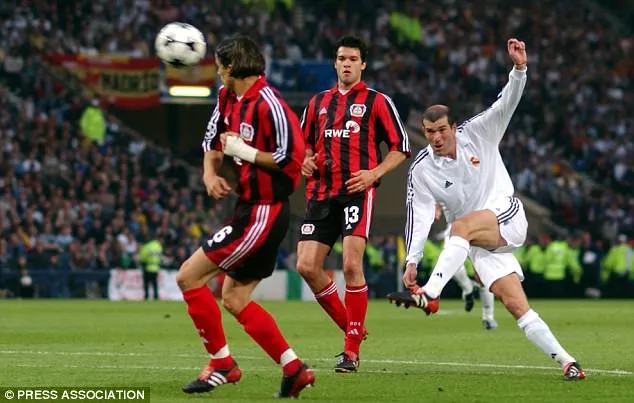

This match would convince UEFA to grant Hampden the 2007 UEFA Cup final and Hampden, once again, would not disappoint. A final which had everything. Quality football, four goals, a sending off, extra-time and penalties, the Glasgow rain, the wonderful choir from both Sevillia and Espanyol fans. A third Spanish European Cup competition winner once again, this time in the face of Sevillia, at dear old Hampden.
Spectacular matches and moments have kept coming in the 21st century, not just from footballers, but from music stars, boxers, the Scottish Claymores and the fantastic athletes competing at the track events hosted at Hampden during the 2014 Glasgow Commonwealth Games. The Scottish Cup final continues to shine in the sun; the Scottish League Cup final still knows how to entertain those in the Hampden stands.
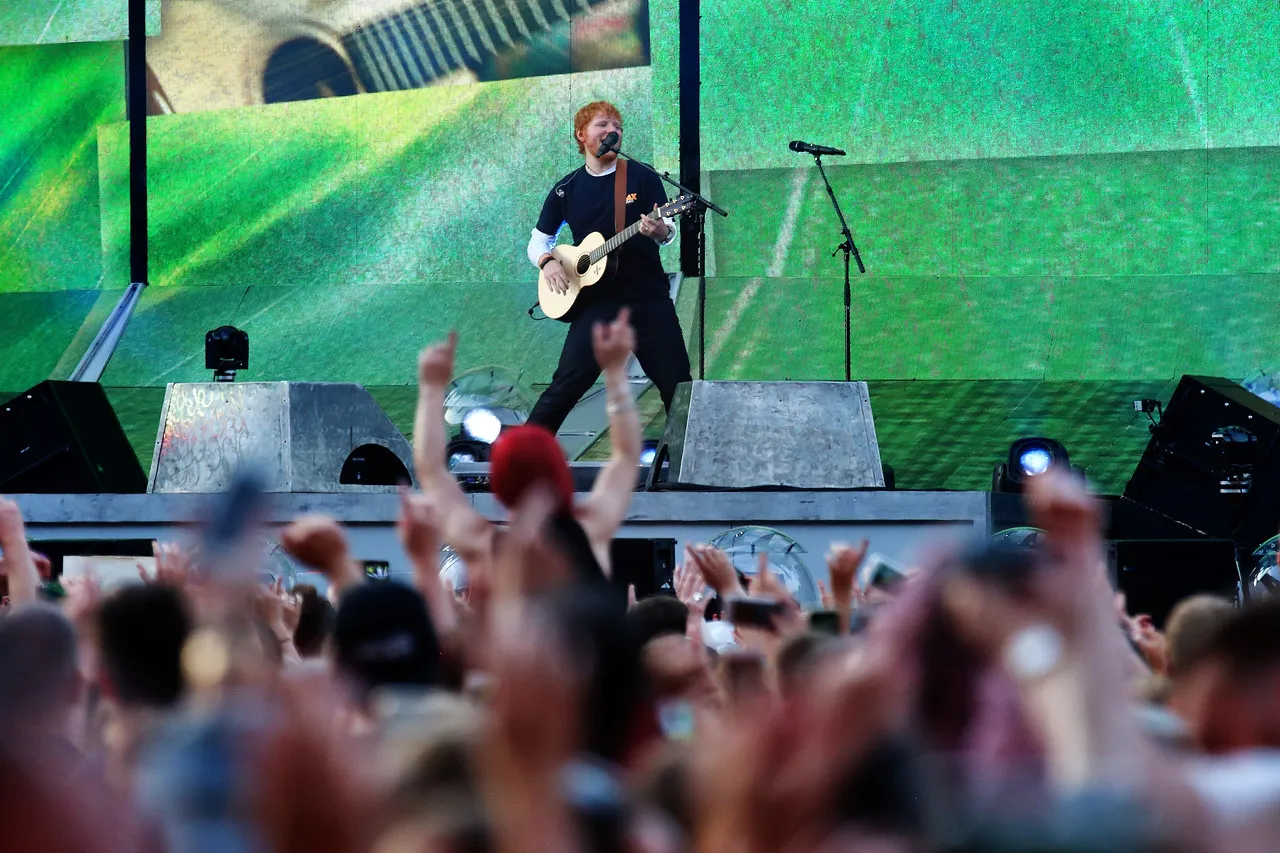
Time and time again the crowds and viewers are held enthralled, captured by its magic spell. Hampden Park has occupied a well-managed, emotional place at the heart of the Scottish game. To good days and bad days, to great games and big names, to historical cup success and monumental finals, to false hopes and broken promises. Hampden Park, thank you for entertaining us supporters and exceeding our expectations. Here is to you, Hampden, one of the most iconic stadiums in world football.
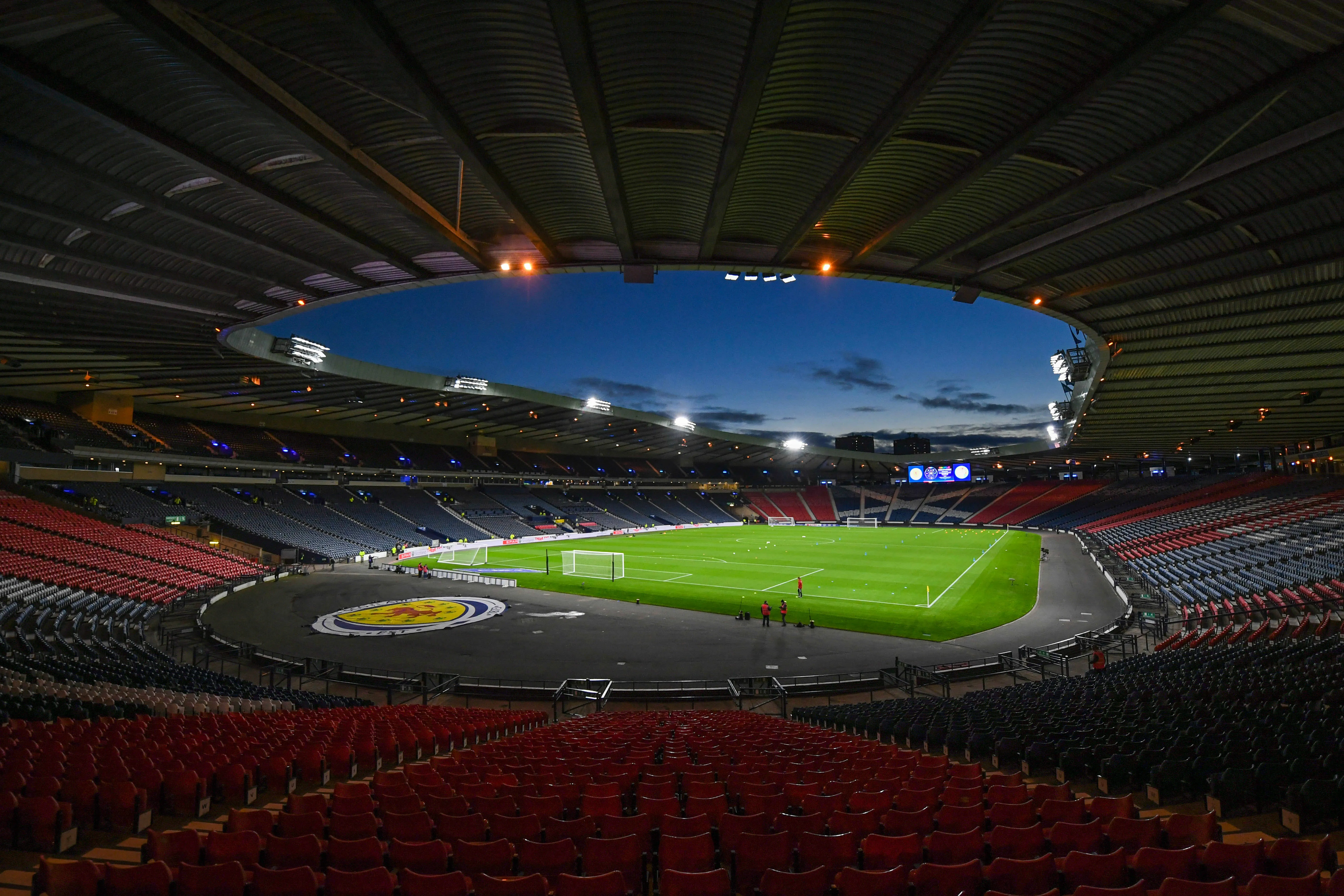
EXPERIENCE THE HOME OF SCOTTISH FOOTBALL
